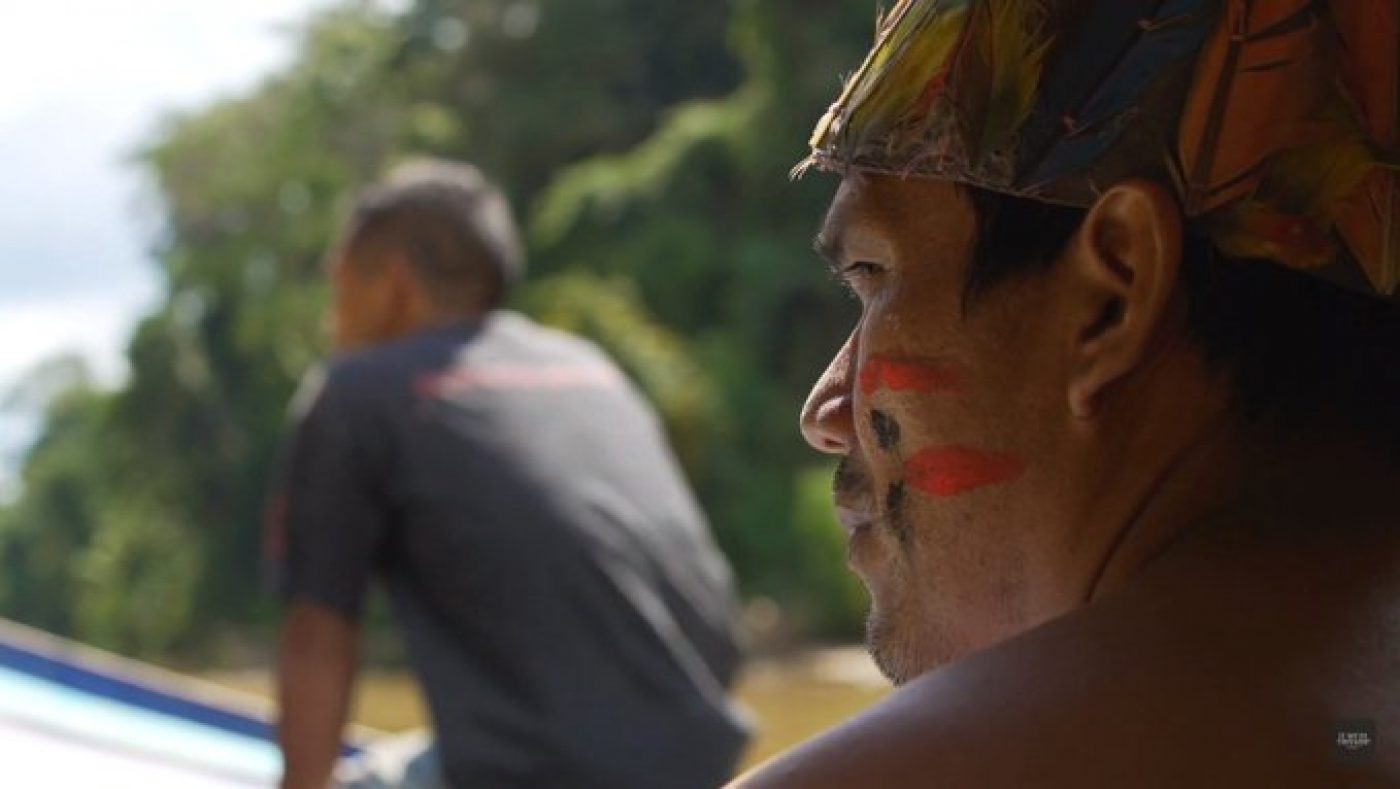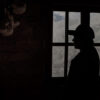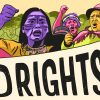‘’ If there is anything that we know for sure as Indigenous people, it is that we descend from generations of grit and ingenuity. It is within our genetic memory to mobilize in difficult times, to always take into consideration the collective wellbeing of our people, and to weather the storms of life.’’
From Australia to the Arctic, Indigenous Peoples across the world have taken swift and decisive action to protect themselves from the spread of COVID-19. This is fueled by historic memory – diseases brought by foreigners have had devastating effects on indigenous communities – as well as the fact that older people occupy a special place in Indigenous communities. Elders are keepers of knowledge, language, culture and teachings that cannot be replaced – the idea of losing some or even many is devastating.
Indigenous communities are at very high risk from the current pandemic – most do not have access to adequate health care and many suffer underlying conditions- such as chronic malnutrition – that puts them at increased risk. Safe water, soap and sanitizer are not always available and many live in open houses in crowded communities where social distancing is nearly impossible.
‘’Blocked Access. Covid-19,” are signs that can now be seen at the entrance to forests, reserves and islands, homes to indigenous communities across the world to prevent outsiders from entering. The Confederation of Natives from the Ecuadorian Amazon, CONFENIAE, has blocked all access to the rainforest, both for tourists and Ecuadorians, and has demanded that all companies (oil, mining, logging sectors) keep their personnel away. The Karen from the highlands of Thailand have revived their ancient ritual ‘Kroh Yee’ – this translates roughly as ‘village closure’ and was used 70 years ago during a cholera outbreak. Bamboo stars and other symbols, depending on the severity of the outbreak, are hung at the entrance to the villages.
On India’s Andaman and Nicobar islands where a recently constructed highway passes through indigenous territory, traditional authorities have moved some tribal communities deeper into the forest and banned all non-essential movement. The Wampis in Peru have also closed access to their territories and are working with police and military to ensure the border with Ecuador, one of the worst hit countries in Latin America, is secured.
Once inside their territories, indigenous communities are finding ways to build their resilience to the virus but also to its economic, social and cultural impacts.
Traditional medicine is at the centre of community response work. Campaign materials produced by indigenous organizations include guidelines on what traditional medicines to take to build up the immune system. ‘’ In all of our territories we have plants that can protect us, heal us and provide us with resilience. We all on our indigenous communities to reconnect with them’’ said The Indigenous Peoples Organization of Colombia which has produced a guide on traditional medicine and practices.
There have been actions in many communities, such as the Bri Bri community in Costa Rica pictured below, and the Karen in Thailand, to restore and strengthen traditional food production systems to provide self-sufficiently for all families.

Spiritual rituals are also playing a key role in community response– such this one practiced by Native Americans ‘’ We start our days by smudging and grounding ourselves as we prepare to face the important daily tasks in front of us. In moments like this, a daily smudging ritual can help ground us in prayer and spiritual fortitude. This practice gives us a moment to slow down, acknowledge what we are grateful for, release tension, and call in protection and strength.’’

In face of the economic consequences of the crisis, community organizations have come together to protect vulnerable families –the Bank of the Emberá Indigenous Peoples has delivered food to Emberá families in Panama city in mandatory home quarantine and has frozen payments on loans for 60 days. The Wampis in Peru have ensured that young people studying in Lima, unable to return to their community due to national quarantine, are receiving food.
All of these actions are being lead and implemented by communities and organizations of Indigenous Peoples. This is alongside advocacy work on a daily basis to call on governments to provide access to tests, hygiene kits, economic support and food which are all urgently in need, as well as special measures to ensure Indigenous Peoples are informed, protected and prioritized at all levels COVID-19 responses.
Top Photo Credit: If Not Us Then Who?



